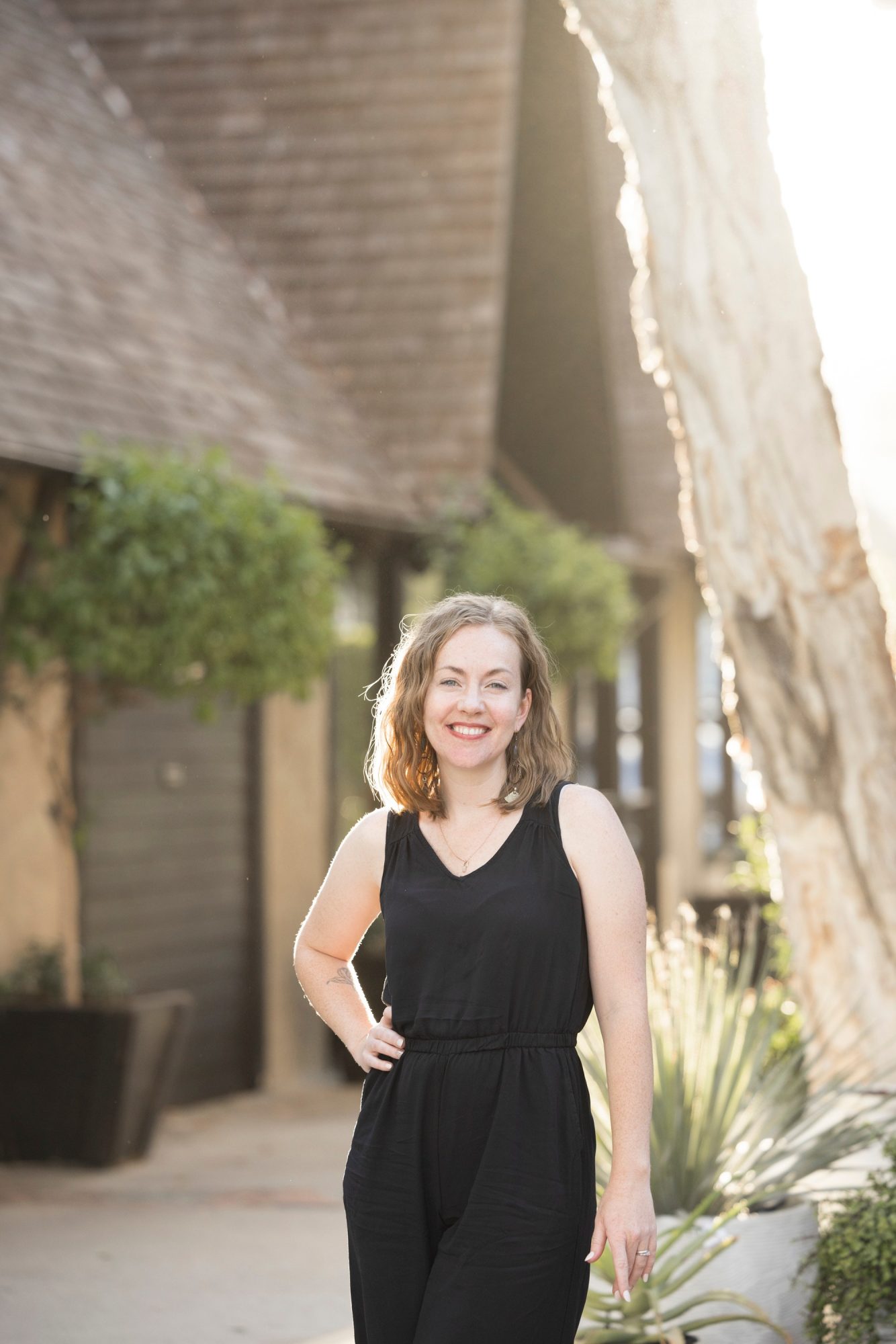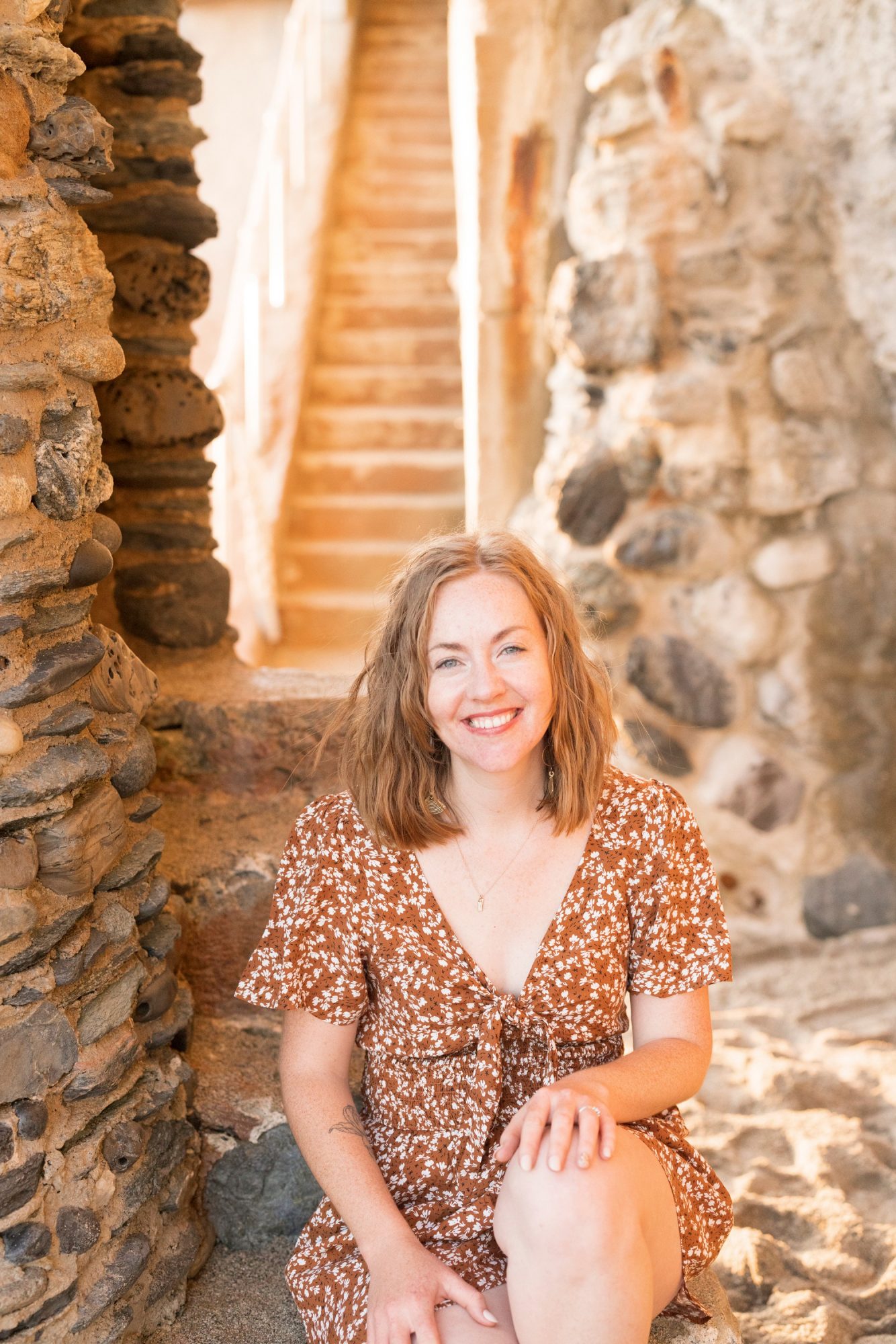

Today we’d like to introduce you to Erica Lima.
Hi Erica, so excited to have you with us today. What can you tell us about your story?
I actually never saw myself working in private practice as a therapist. I went and got my bachelor’s and my master’s degree in social work and worked in many different community-based organizations. I have previously worked with the refugee/asylum population, supporting them in the process of resettlement out in North Carolina and relocated to Arizona to work in behavioral health, supporting the Native American population through in-home counseling. After that, I worked as a supervisor and relocated to Long Beach to work with folks struggling with drug and alcohol addiction. I really enjoyed getting to be a part of the Long Beach culture and working with the community to support sobriety and wellness. However, as many people know, it is not easy work to work in the field of social work, working within systems that aren’t really designed to help people actually get better and recover. It was around that time that I was getting completely burned out; I had 3 small children, as was on-call 24/7 for the residential place in Long Beach (Redgate Memorial Recovery Center). I continued to work there throughout COVID, but also felt that something needed to shift. In terms of my own health/wellness and to prevent me from burning out, and also to really get to know people’s stories and support more inward transformation. Once I received my LCSW, I began to look into what it would look like to start my own practice. In 2022, I launched my own private practice and originally got a location in the Bixby Knolls area of Long Beach, CA.
My husband is also a social worker, and when he obtained his LCSW shortly after, we decided to make it a family business and go into business together. While although we no longer have a physical location to Long Beach, and we see clients virtually in the state of California, we have both worked many long hours in Long Beach and East LA, where we both feel very connected to the community of people living there. Many of our clients are from Long Beach and Great Los Angeles area, as well as the Bay area and even into San Diego.
We all face challenges, but looking back, would you describe it as a relatively smooth road?
One of the biggest challenges I faced was the isolation in the process of starting your own business and having to figure out things on my own. I realized that it was quite difficult to get a coffee date with other therapists who had started their own business, and I learned about the process as many therapists are very busy, and in fact, many people now charge for this as a business coaching service.
In along with some of the experiences of isolation, I was able to also cultivate a small community of other therapists whom practice in Long Beach, and we share the burden of being in private practice on our own. This has been a wonderful experience to formulate a sense of community with other business owners who are therapists.
Another obstacle was the highs and lows of business. It is a complicated feeling to merge therapy and business together, as most therapists are very sensitive to how this could be an ethical issue, and we are very aware of not wanting to make it transactional, and yet we have to make a living. This was another challenge – trying to understand marketing and advertisement in a way that did not feel unethical. And while there are many new business organizations to support folks, it also looks different for therapists, as we cannot use personal testimonies or reviews as this could be an ethical or HIPPA issue.
Another challenge was the highs and lows of business can be quite stressful, on top of being in a career of trauma therapy. However, you learn to use some of the skills of self-regulation I have being a therapist and try to be honest with myself about my own limits and my own capacities. It is something I am still very much learning all about.
And lastly, it’s no secret that I am in business with my husband, which add a whole new dynamic, doing business with your partner. There are quite a lot of benefits, but also, this can be a double-edged sword. As you can imagine, we have to discover what our boundaries are, and we are always evolving how to join our vision of business together.
Can you tell our readers more about what you do and what you think sets you apart from others?
I am a trauma-informed therapist who is trained in Somatic Therapy and Internal Family Systems. Basically, what this means, is we explore the connection between the mind and the body and use the body as a gateway to understand different experiences or traumas that may have been blocked out of our conscious memory. For example, in a somatic therapy session, we look at no only the story that you are telling, but I might also reflect back how I notice your jaw tightening, your breathing changing, or other body gestures that happen around a specific topic. This can be particularly helpful when our responses feel automatic and we feel we do not have a lot of control over things that we do or say.
I specialize in working with folks around burnout stress, people-pleasing anxiety, relational anxiety, religious trauma and depression, anxiety, and PTSD.
I think what sets me apart from others is I value and believe in the work of longer-term therapy, that is really centered on the relational aspect of what brings in healing for people. I value creating together a safe space where we can also talk about ruptures or times in therapy when maybe they felt misunderstood or judged. I keep my caseload at a lower number to be able to really show up for the folks I am supporting and working with.
Lastly, I love using Internal Family Systems and parts work to really deepen an understanding for people who may have different parts of themselves that show up in a certain way. For example, maybe someone is struggling with a people-pleasing part of them, and they feel it viscerally that feels very difficult to set boundaries, say no, or prioritize their wants/ needs. We would take time to really understand this part when it first had to take on this role of people pleasing, and perhaps what was at stake for them if they did not engage in people pleasing around others.
I so enjoy really diving into the past to give context to people’s struggles that they are dealing with in the present.
If you had to, what characteristic of yours would you give the most credit to?
I think the relational part of me is the most important to my success. Really slowing down to take in each client as a full person, be aware of any biases I may have, seeking out my own supervision and personal therapy to better show up for the folks I support. This is also true as I make other connections in the community with other therapists, business owners, etc. Something I often say to myself is, “What is the relational thing to do here?” and I may pick up the phone and have a conversation with the person as opposed to just an email. I try to make things centered around that human connection and relational aspect that I know we all long for.
Pricing:
- 185/50 min for individual therapy
- 200/50 min couples therapy
- Sliding scale with limited availability
Contact Info:
- Website: www.sunsettraumatherapy.com
- Instagram: sunsettraumatherapy; erlimalimalcsw
- Linkedin: https://www.linkedin.com/in/erica-lima-lcsw-b13aba4a/
- Youtube: https://www.youtube.com/@SunsetTraumaTherapyConsult
- Other: https://www.linkedin.com/company/89919398/admin/feed/posts/




Image Credits
Tracy Battaglia











